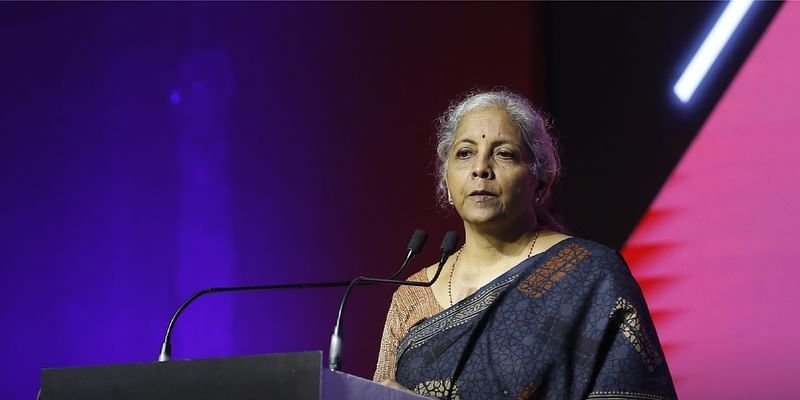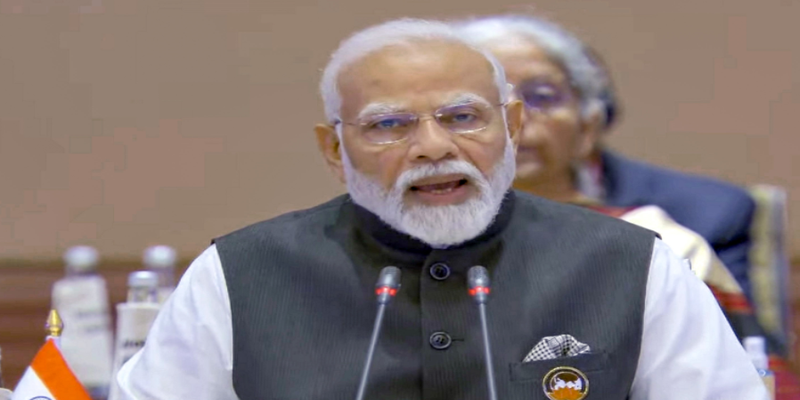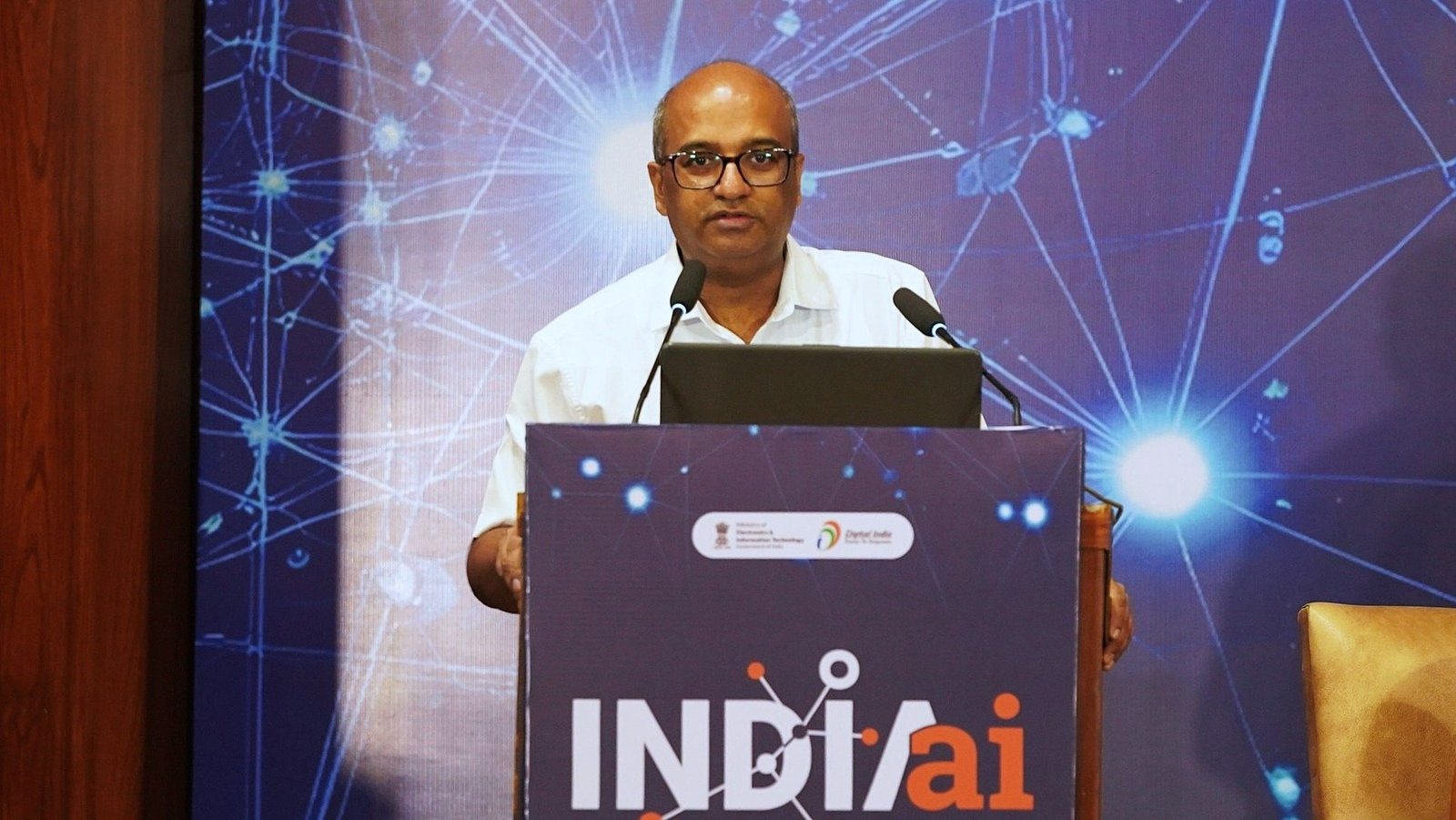PayGlocal helps Indian merchants scale globally with an India-focused cross-border payment solution


For businesses trying to serve international customers, this could translate to poor payment approval rates, compliance hurdles around foreign exchange and inward remittance documentation, and a lack of transparency in settlement timelines. These could ultimately result in lost revenue and operational delay, and hamper efforts to scale globally.
These gaps caught the attention of Prachi Dharani, Rohit Sukhija, and Yogesh Lokhande, who had spent years working at Visa, a leader in digital payments, and CyberSource, an American payment gateway, building expertise in merchant acquisition, payments infrastructure, and cybersecurity.
Their work exposed them to the limitations of India’s existing cross-border systems, and they saw firsthand how global best practices could be adapted to create a solution tailored for Indian businesses. In 2021, the trio launched PayGlocal to address what they saw as persistent gaps in cross-border payments for Indian businesses.
What does it do?
PayGlocal’s platform focuses on improving transaction success rates, simplifying onboarding, and ensuring compliance with RBI (Reserve Bank of India) mandates and data-security requirements. It also brings in features like fraud monitoring, intelligent routing, and support for multiple currencies, aiming to make settlements faster and more transparent for exporters.
PayGlocal enables merchants to accept payments from global customers in the currency of their choice, using their own credit and debit cards.
The company’s model is built around solving two kinds of cross-border flows.
Firstly, consumers paying Indian businesses. For instance, an American buying services from a digital marketing agency in Bengaluru.
Secondly, businesses paying Indian businesses. For example, settlement flows from global marketplaces like Amazon Global Selling to exporters in Jaipur.
PayGlocal offers an online payment gateway for Indian ecommerce companies to accept international payments. Since its launch, the company has steadily layered its services with the following features:
- RBI-licensed payment aggregator capabilities for domestic and cross-border flows
- Virtual account solutions for exporters and freelancers, bringing faster settlements with full compliance paperwork
- Marketplace settlement services for Indian sellers on Amazon, Etsy, and other platforms
Indian businesses face unique challenges such as FIRA (Foreign Inward Remittance Advice) generation, EDPMS (Export Data Processing and Monitoring System) reporting, RBI-compliant settlements, and handling multiple providers for domestic and cross-border flows.
PayGlocal embeds compliance reporting (FIRA, EDPMS) into the payment flow and automates sanction screening and payment risk checks for exporters and freelancers, while covering strict KYC and settlement requirements for domestic flows. This ensures Indian businesses can go global without operational or compliance roadblocks, and speed isn’t hampered by regulatory requirements.
.thumbnailWrapper{
width:6.62rem !important;
}
.alsoReadTitleImage{
min-width: 81px !important;
min-height: 81px !important;
}
.alsoReadMainTitleText{
font-size: 14px !important;
line-height: 20px !important;
}
.alsoReadHeadText{
font-size: 24px !important;
line-height: 20px !important;
}
}

The startup’s platform uses smart routing, local and global rails, and AI-driven risk checks to keep transaction approvals fast and reliable. Exporters and freelancers typically receive INR settlements within 24 hours of international collections, says Dharani.
A unified dashboard for collections, settlements, and reporting gives businesses full visibility on the timelines and helps avoid hidden fees and delays often seen with traditional cross-border setups.
“By reducing friction caused by fragmented systems and embedding risk assessment directly into the flow, PayGlocal improves approval speed and reliability compared to traditional setups.”
Enterprises using PayGlocal’s international payment gateway achieve up to 90% transaction success rates, which is significantly higher than industry averages, notes Dharani.
Scaling the business
PayGlocal received its online payment aggregator licence from the RBI in 2022, allowing it to directly onboard merchants. It is awaiting final PSP (payment service provider) authorisation to expand beyond online payments.
“Unlike consumer tech, where scale comes fast, what we’re building is infrastructure,” says Dharani. “That means getting the licences, building compliance systems, and staying patient. It also means building something lasting,” she adds.
Today, the company works with more than 2,500 businesses across sectors in India, including large travel platforms such as MakeMyTrip, exporters, SMEs, SaaS firms, ecommerce platforms, D2C brands, and freelancers.
In FY23, PayGlocal clocked a revenue of Rs 3,483 crore. It expects to double its revenue by FY27.
PayGlocal currently employs over 100 people across its offices in Bengaluru, Pune, and Gurgaon.
The early days of the fintech startup involved more than getting the technology in place. “Finding the right co-founders, convincing partners to work with you, and earning the first customer’s trust—that’s the real groundwork,” recalls Dharani.
Another challenge was focus. “In cross-border payments, there are endless possible use cases, from inward remittances to B2B trade. Choosing where to start, and avoiding distractions, was key.
“Being India-focused has proven a strength. Global giants like Payoneer or PingPong dominate internationally, but India’s complex regulatory framework has kept many foreign players cautious. That creates space for Indian startups like PayGlocal to build bespoke solutions for India’s ecosystem,” explains the founder.
The startup has so far raised $17 million from major investors including Peak XV, Tiger Global Management, and QED Innovation. It last raised $12 million in 2022 in a Series B round led by Tiger Global.
Going global
Dharani believes PayGlocal is just scratching the surface in cross-border payments. With digital exports from India—including IT services, SaaS, freelance, and ecommerce exports—expected to surge, there are huge opportunities going forward, she says.
“We always wanted to build a global payments company out of India. For now, our focus is on solving problems deeply for Indian merchants. But once we’ve done that, we’re ready to take this model global.”
Edited by Swetha Kannan
Discover more from News Hub
Subscribe to get the latest posts sent to your email.






